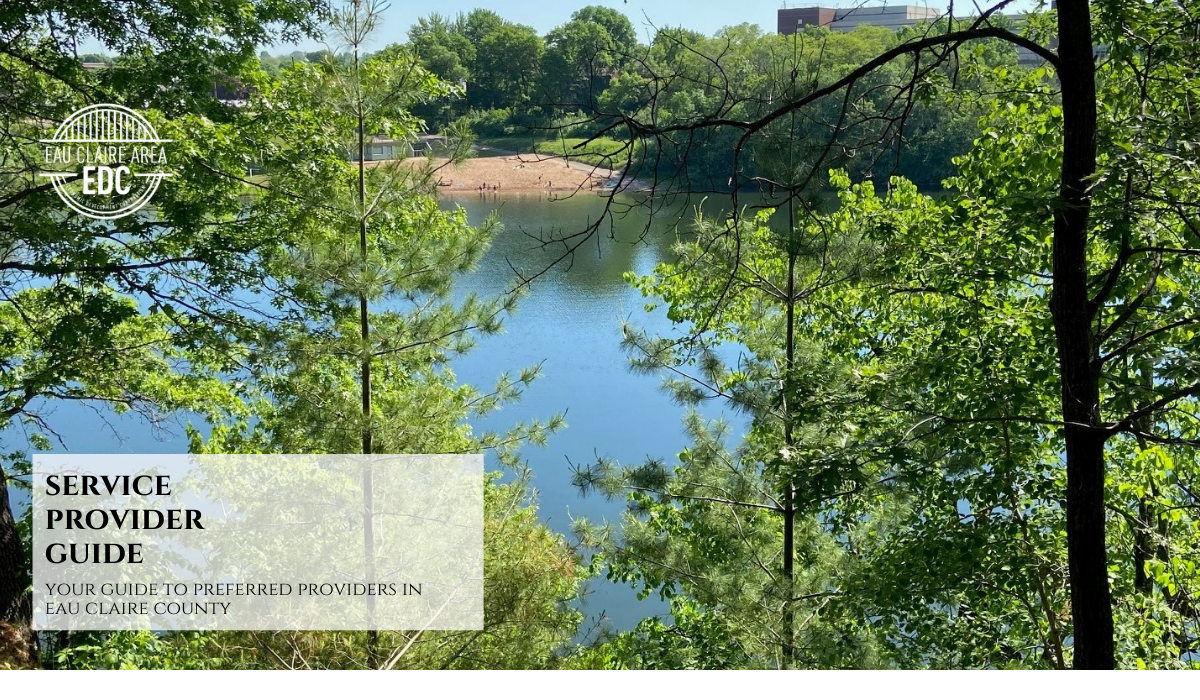The Idea Challenge has a Grand Prize Winner!
On December 14, 2023, The Idea Challenge, a local business idea competition, held the final pitch session for five finalists. Heard by
Eau Claire’s Startup 48 Winner Announced
October 23, 2023 (Eau Claire, WI) – Mocktails, a new non-alcoholic canned cocktail, wins Startup 48, Eau Claire’s own business jumpstart…
Ashley for the Arts Donates $6,000 to the Eau Claire Area Economic Development Through the Community Cares Grant
ARCADIA, Wis. – The Ashley for the Arts committee has selected the Eau Claire Area Economic Development Corporation (EDC) as the recipient
